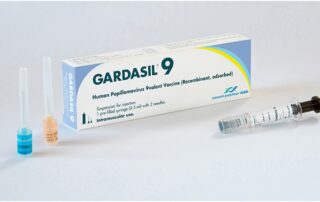Woman, 20, Diagnosed With Cancer After STD Fears Stopped Her Seeking Help
Author: BY AATIF SULLEYMAN Date: 2/15/2022 Source: www.newsweek.com Ayoung woman who was diagnosed with cancer said she delayed seeing a doctor for months because she was "embarrassed" that she might have had a sexually transmitted disease (STD). Olivia Wallace, from Sunderland in northeastern England, had been experiencing issues with her tongue for seven months before her father eventually took her to see a doctor. She was diagnosed with stage 4 tongue cancer, which had spread to her lymph nodes. Some 8,001 people aged between 20 and 24 years old were diagnosed with cancer in the U.S. in 2018 (the most recent year for which data exists), according to the U.S. Centers for Disease Control and Prevention. She had first noticed a lump on her tongue in 2015, but initially thought that it was a recurring ulcer. However, when the lump continued to expand and became increasingly sensitive to the touch, to the extent that Wallace would be in pain whenever she tried to eat anything, she became convinced that she had contracted an STD, which is also known as a sexually transmitted infection (STI). "Luckily for me, my dad had taken me to the doctors and he was in the waiting room as I thought it was an STI and I was embarrassed," Wallace told Chronicle Live. "There is a stigma attached to young women and STIs, so that deterred me from getting checked out even though it was frightening me." Now aged 26, Wallace is cancer free. However, she fears that would [...]

